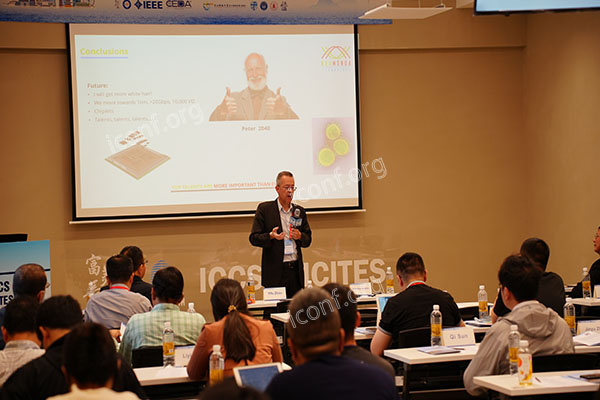In today’s rapidly changing urban landscape, efficient traffic management and innovative transportation solutions are more critical than ever. A Call for Papers (CFP) in traffic engineering provides a unique opportunity for researchers to share breakthrough findings, propose new methodologies, and contribute to the advancement of sustainable and smart transportation systems.

Enhance Global Visibility:
Presenting your work at leading conferences not only boosts your academic profile but also exposes your research to a global audience of experts, policymakers, and industry leaders.
Drive Technological Innovation:
By submitting your paper, you can introduce novel approaches in traffic flow optimization, intelligent transportation systems, and urban mobility solutions—paving the way for improved safety and efficiency in modern cities.
Foster Collaborative Opportunities:
Engaging in a CFP allows you to network with like-minded researchers and professionals. These collaborations can lead to interdisciplinary projects that further enhance your research and open new avenues for funding and development.
Receive Constructive Feedback:
Participation in peer review processes provides critical insights and suggestions that can refine your research methods, strengthen your conclusions, and enhance the overall impact of your work.
1. Understand the CFP Guidelines
2. Craft a Compelling Abstract
3. Organize Your Manuscript Effectively
4. Emphasize Innovation and Impact
5. Professional Presentation
For researchers looking to streamline the submission process and boost their academic impact, leveraging dedicated academic platforms is key. Platforms like iconf.org provide:
Responding to a Traffic Engineering Call for Papers is a strategic move to showcase your research, gain international recognition, and contribute to the future of urban mobility. By adhering to best practices in manuscript preparation, crafting a compelling abstract, and leveraging the robust support available on platforms like iconf.org, you can maximize your chances of acceptance and make a significant impact in the field.
Take the next step in your research journey—prepare your CFP submission today and join a global network of experts dedicated to revolutionizing traffic engineering and urban transportation. Visit iconf.org now to explore more resources and unlock new opportunities for academic excellence!